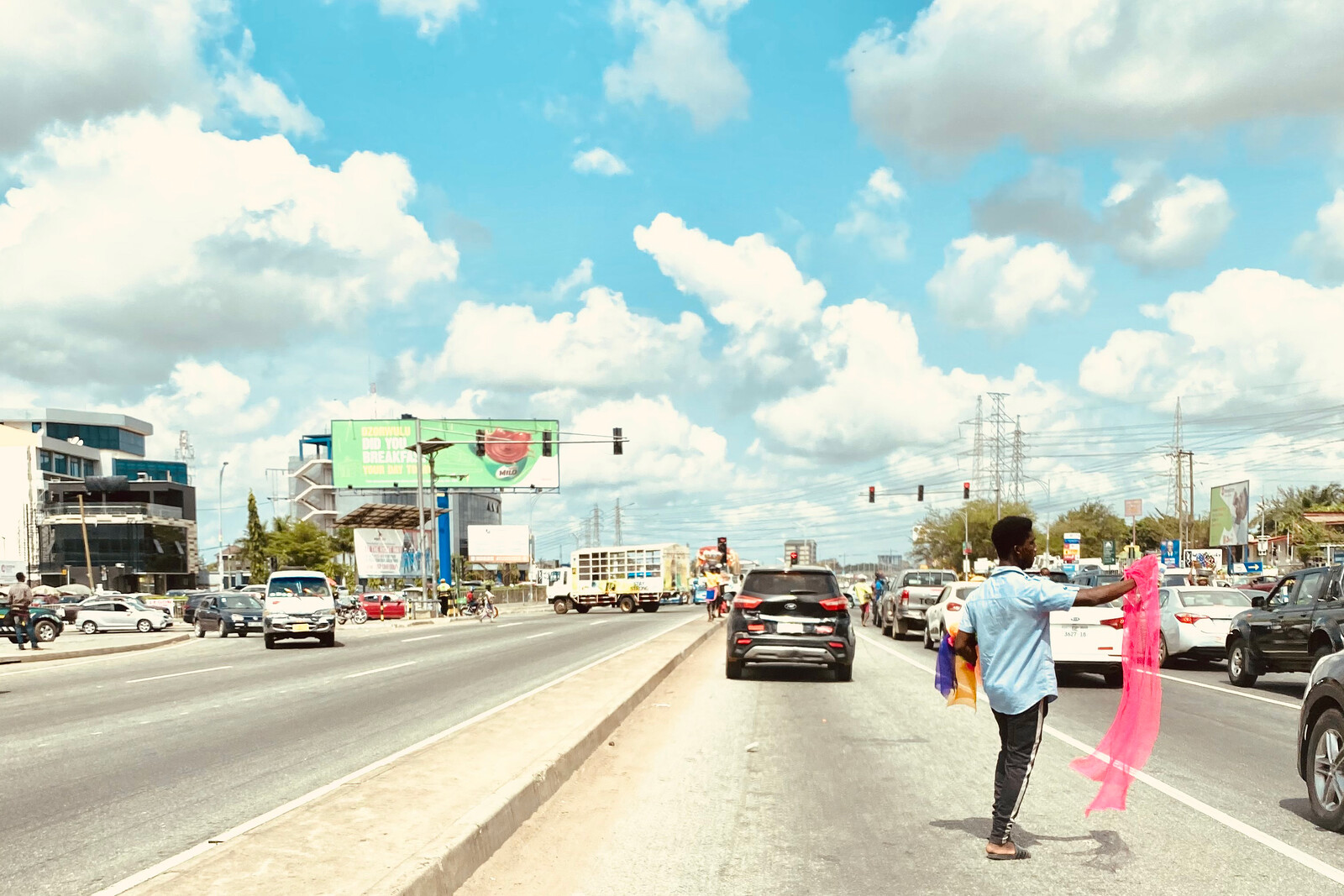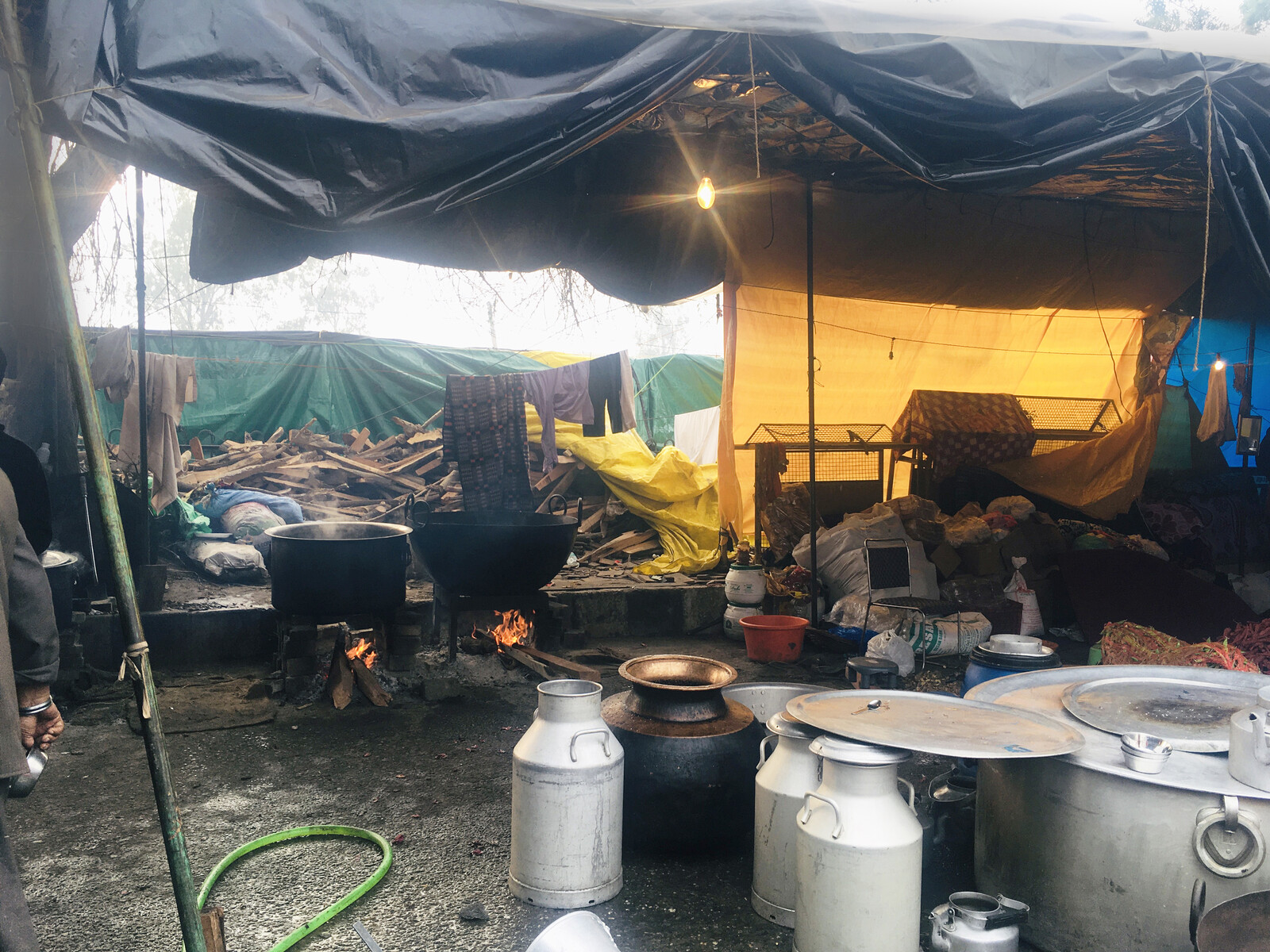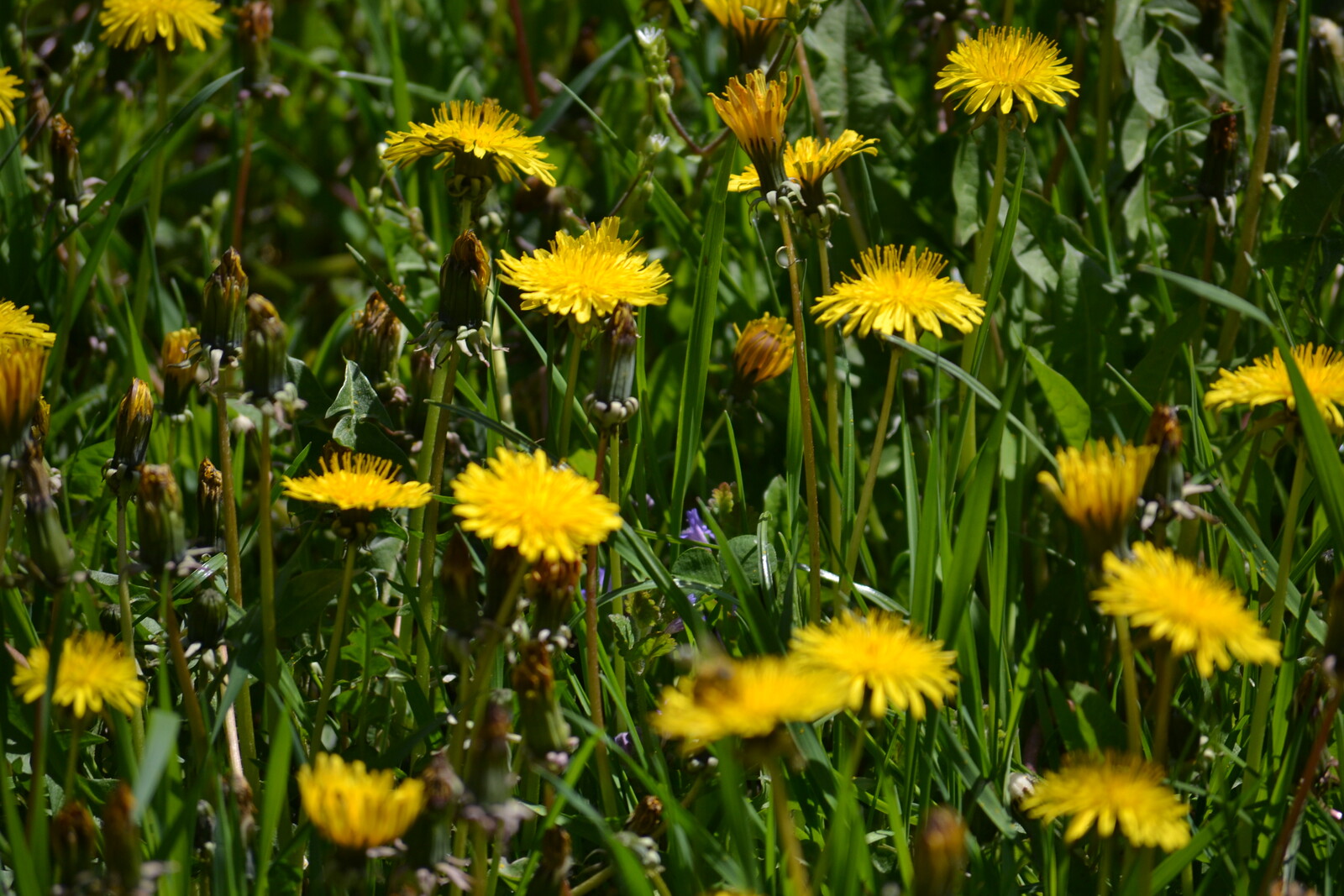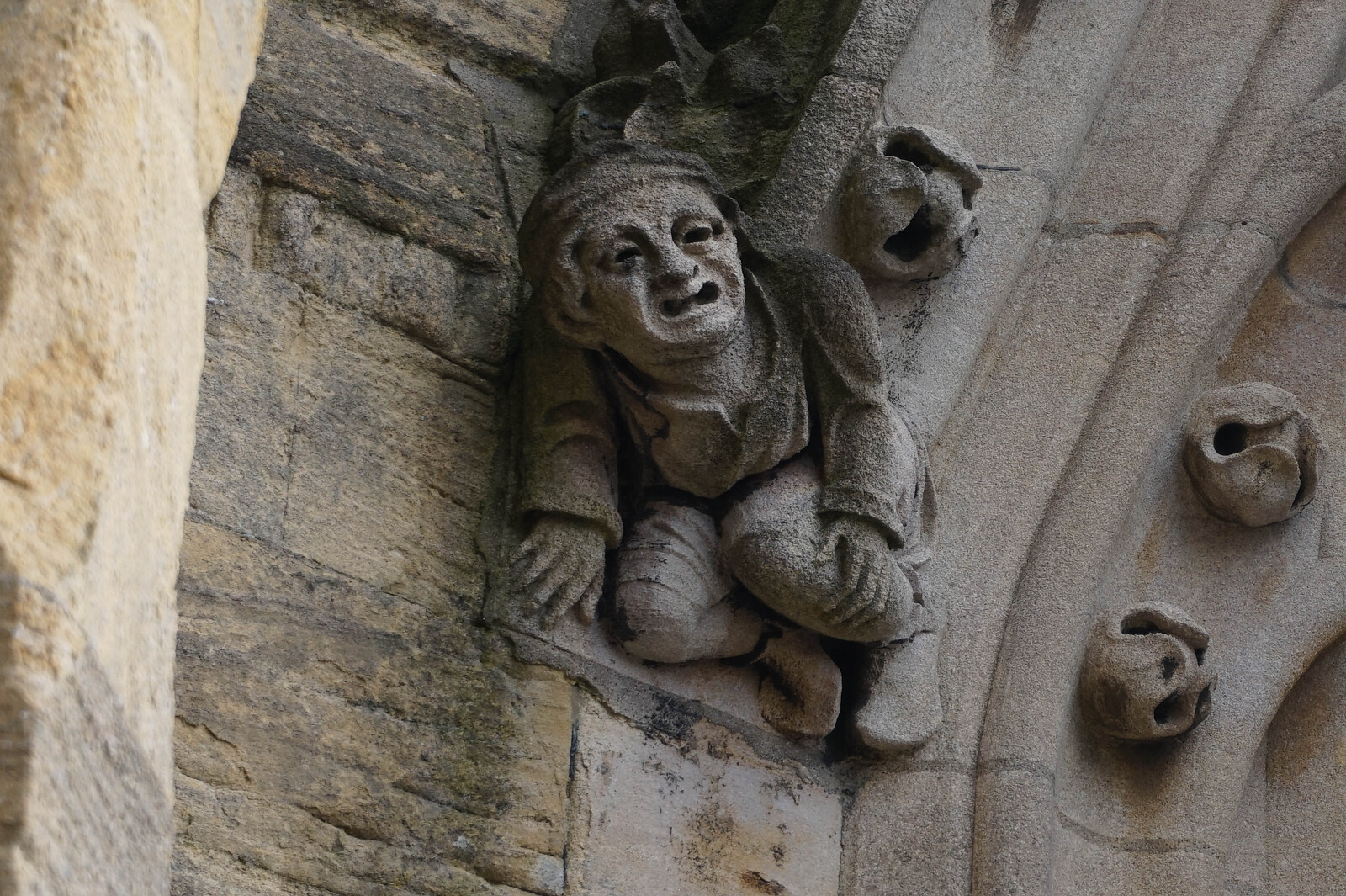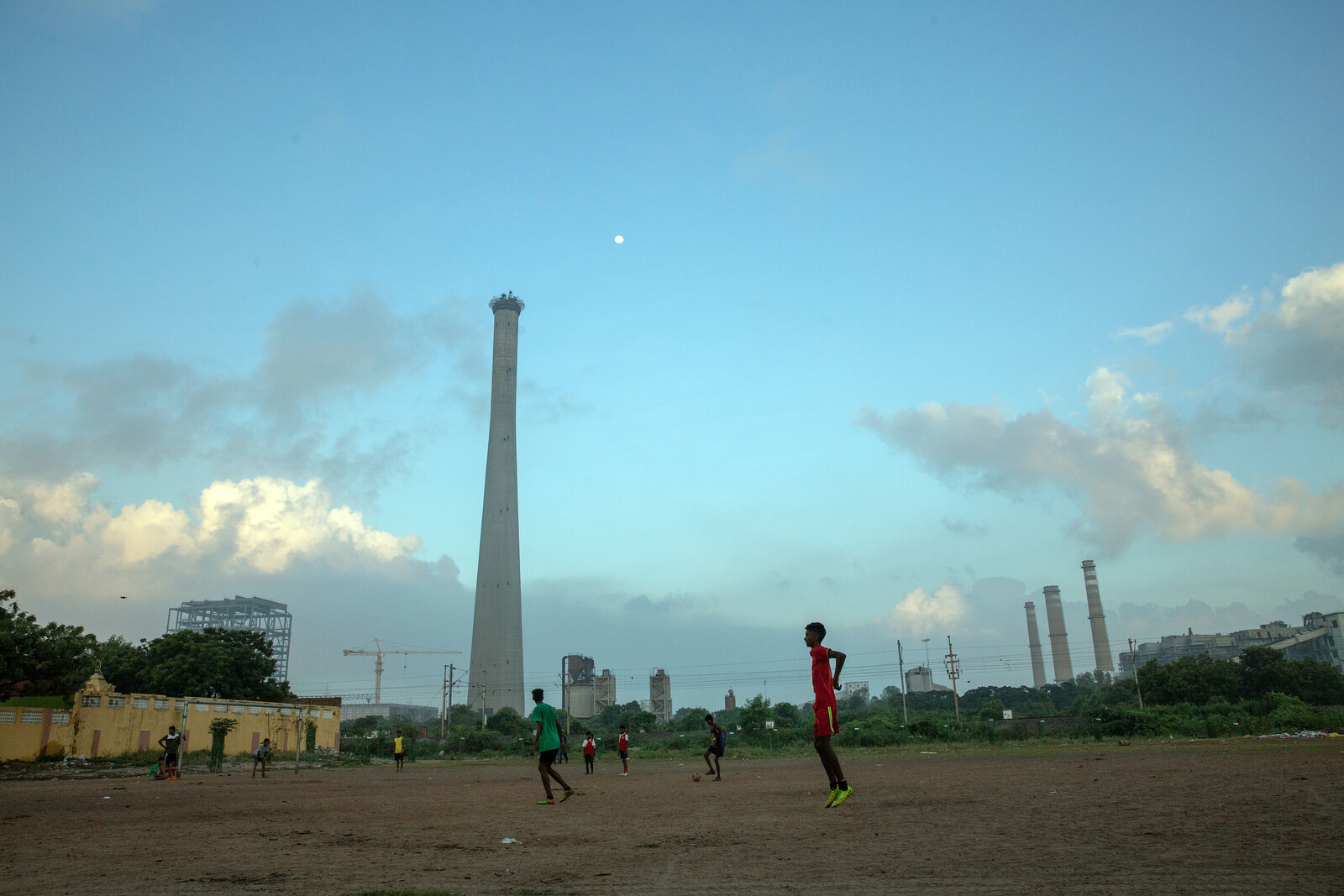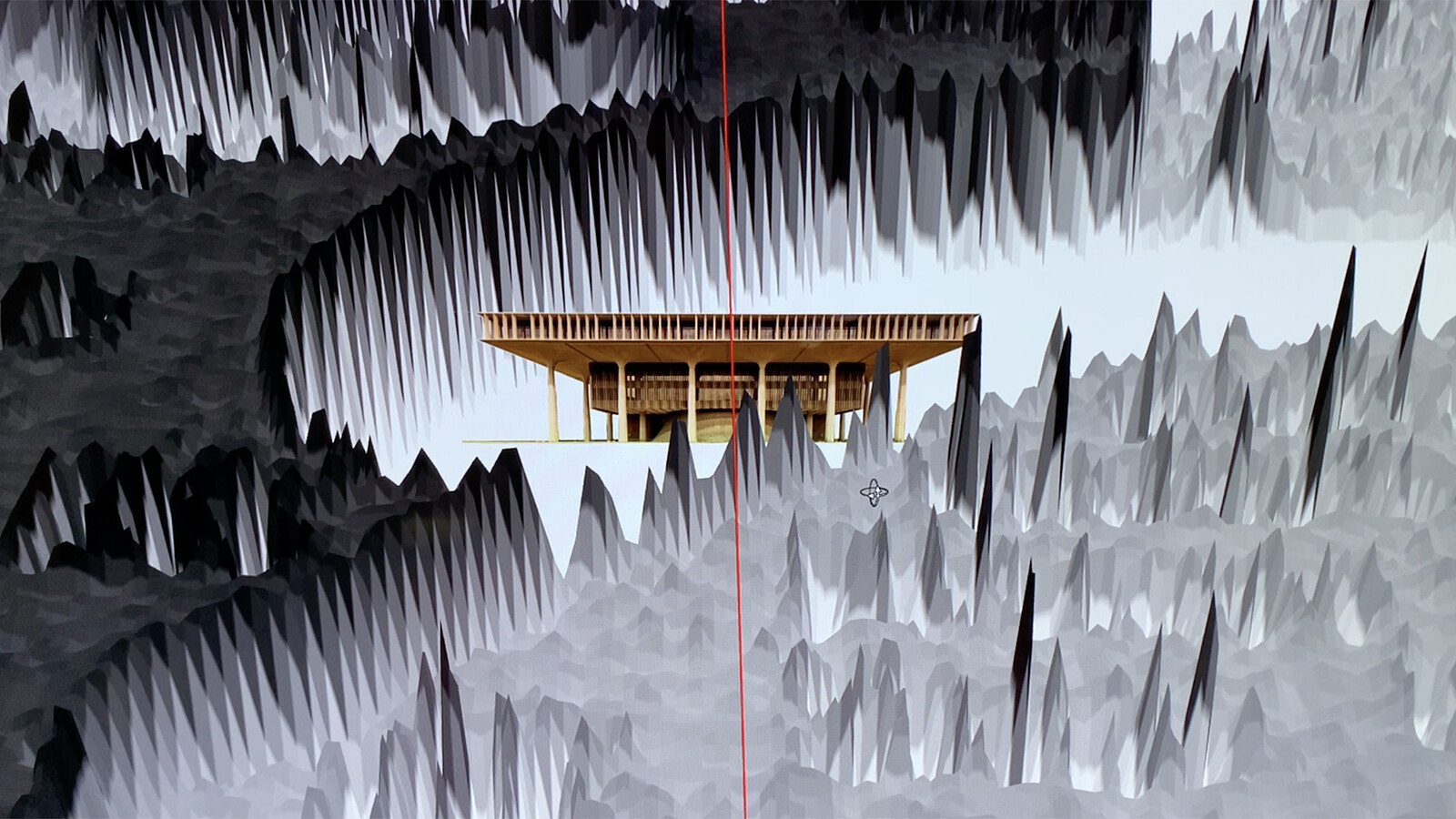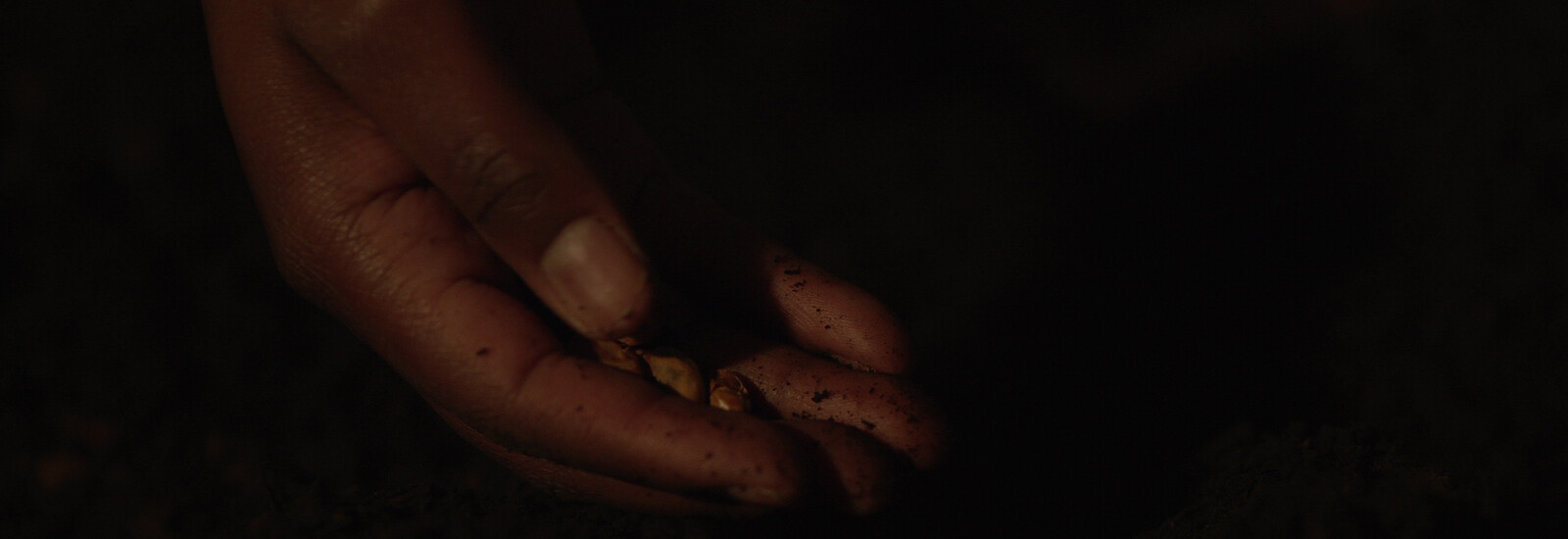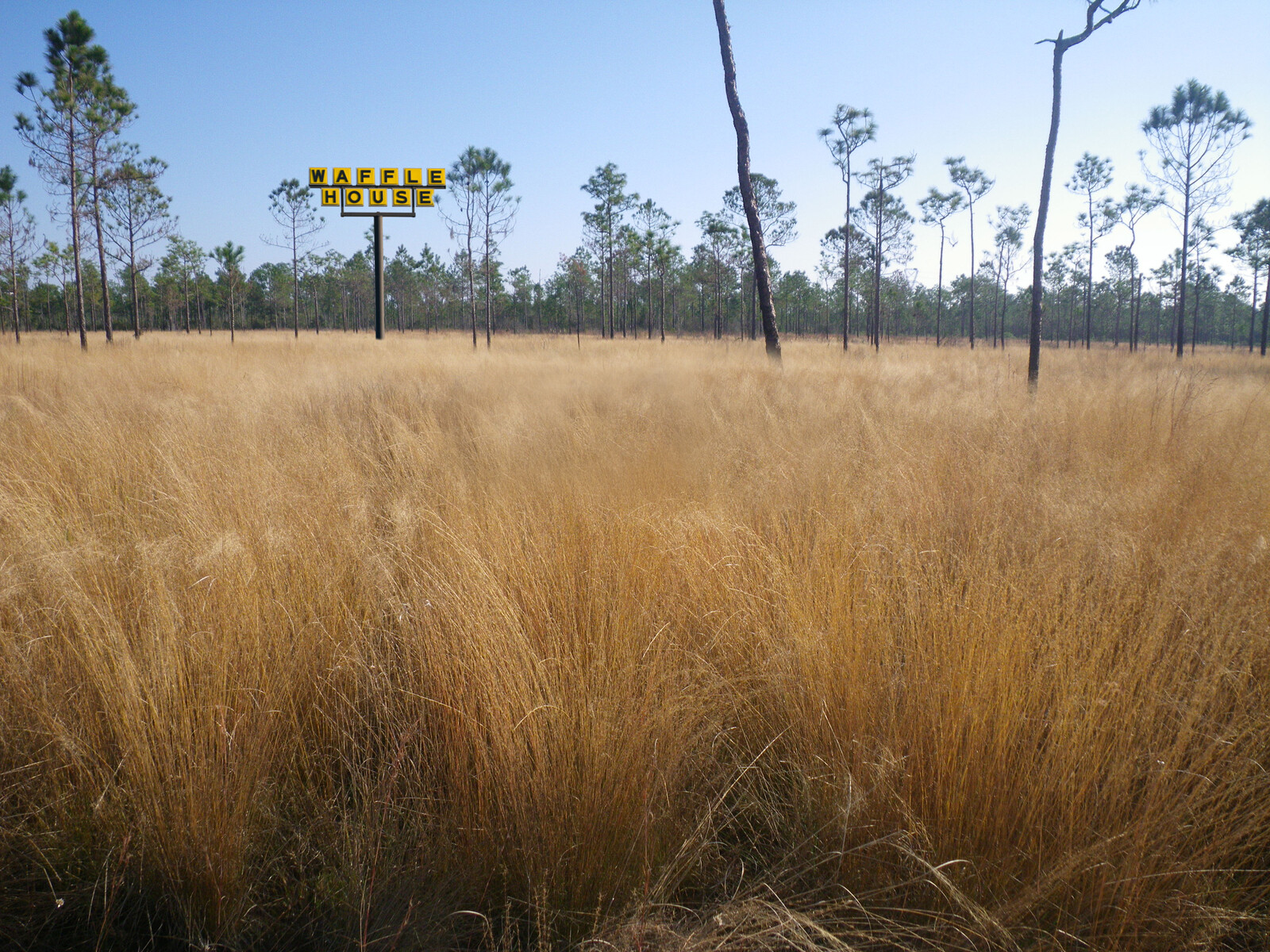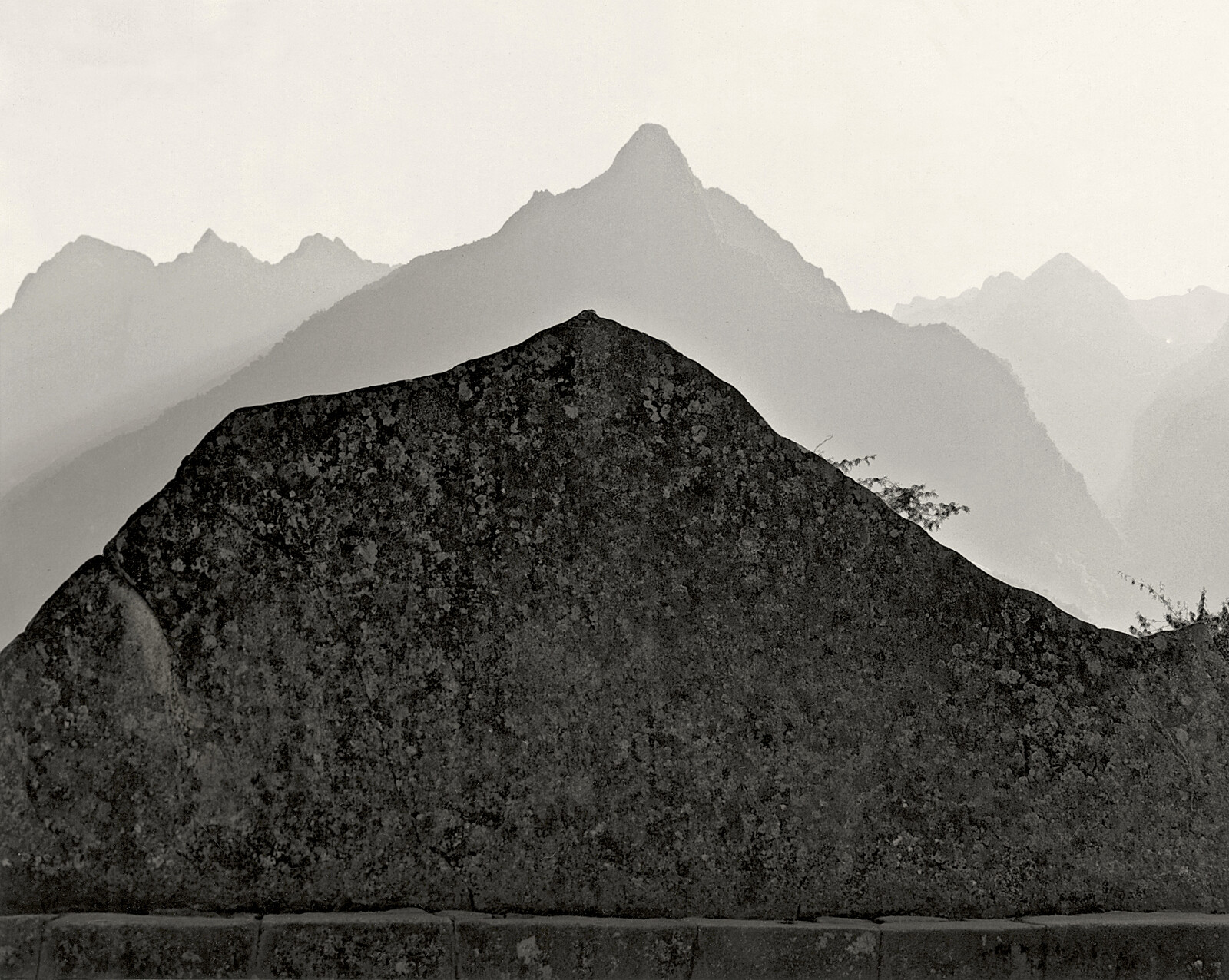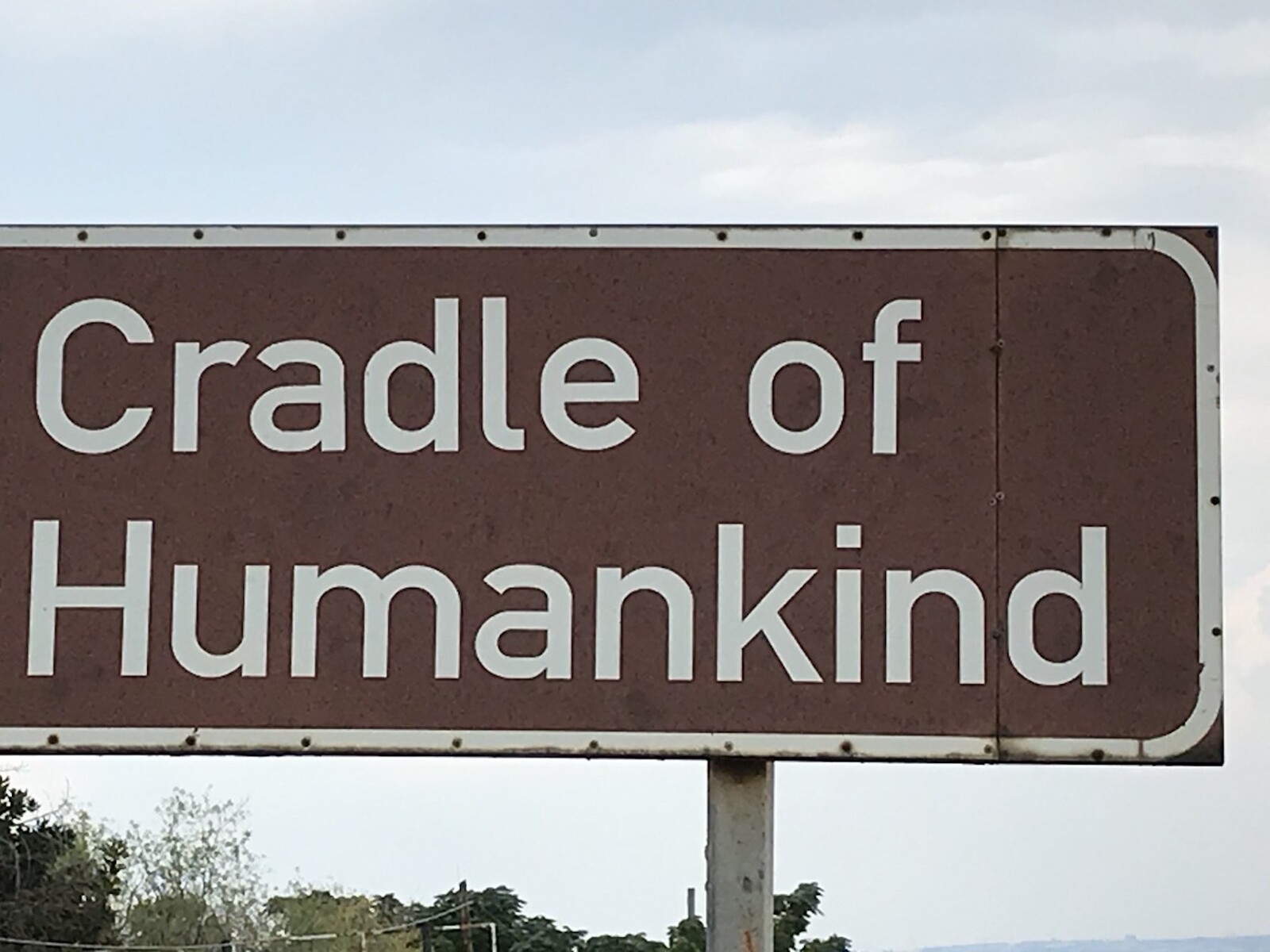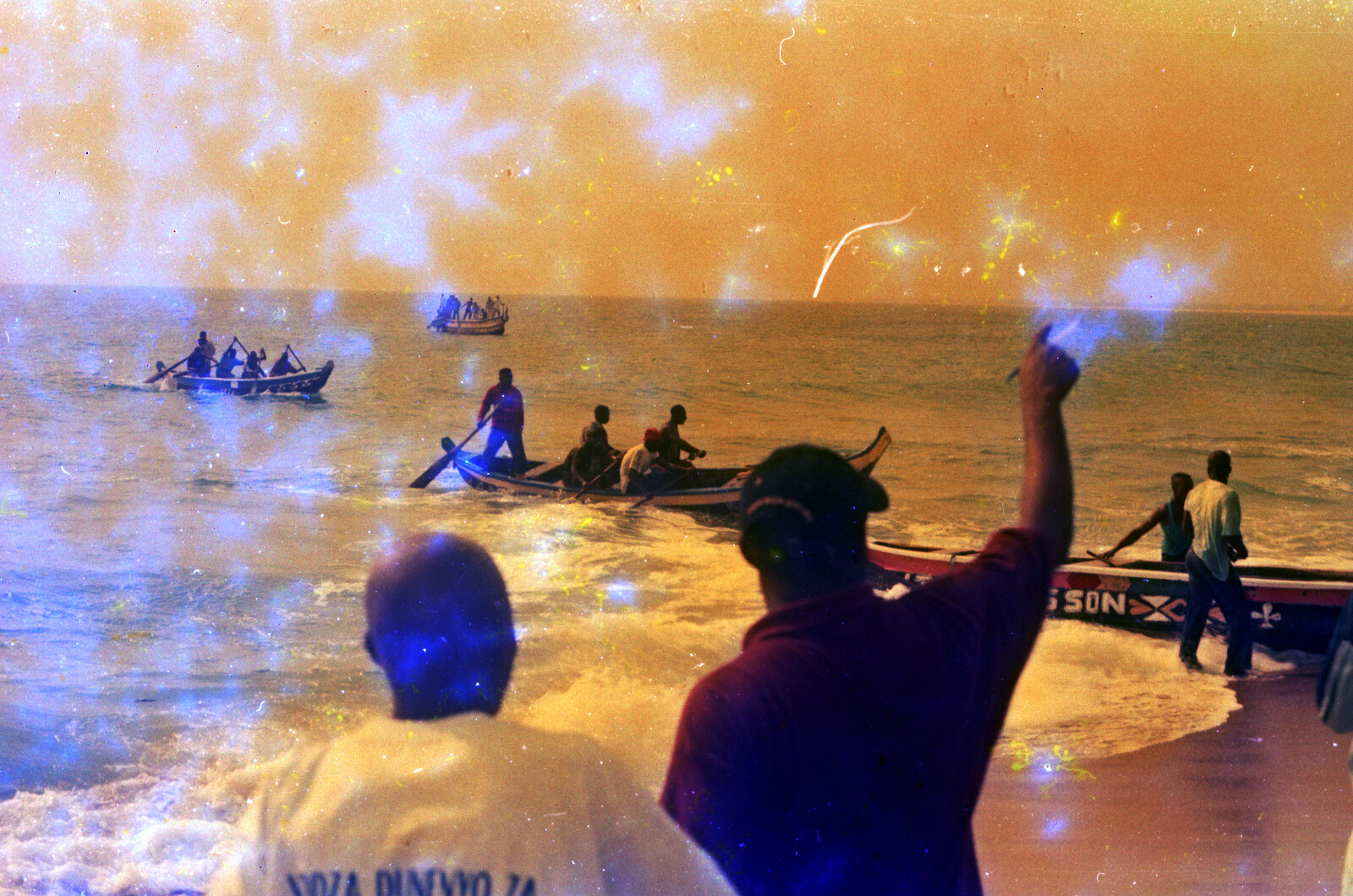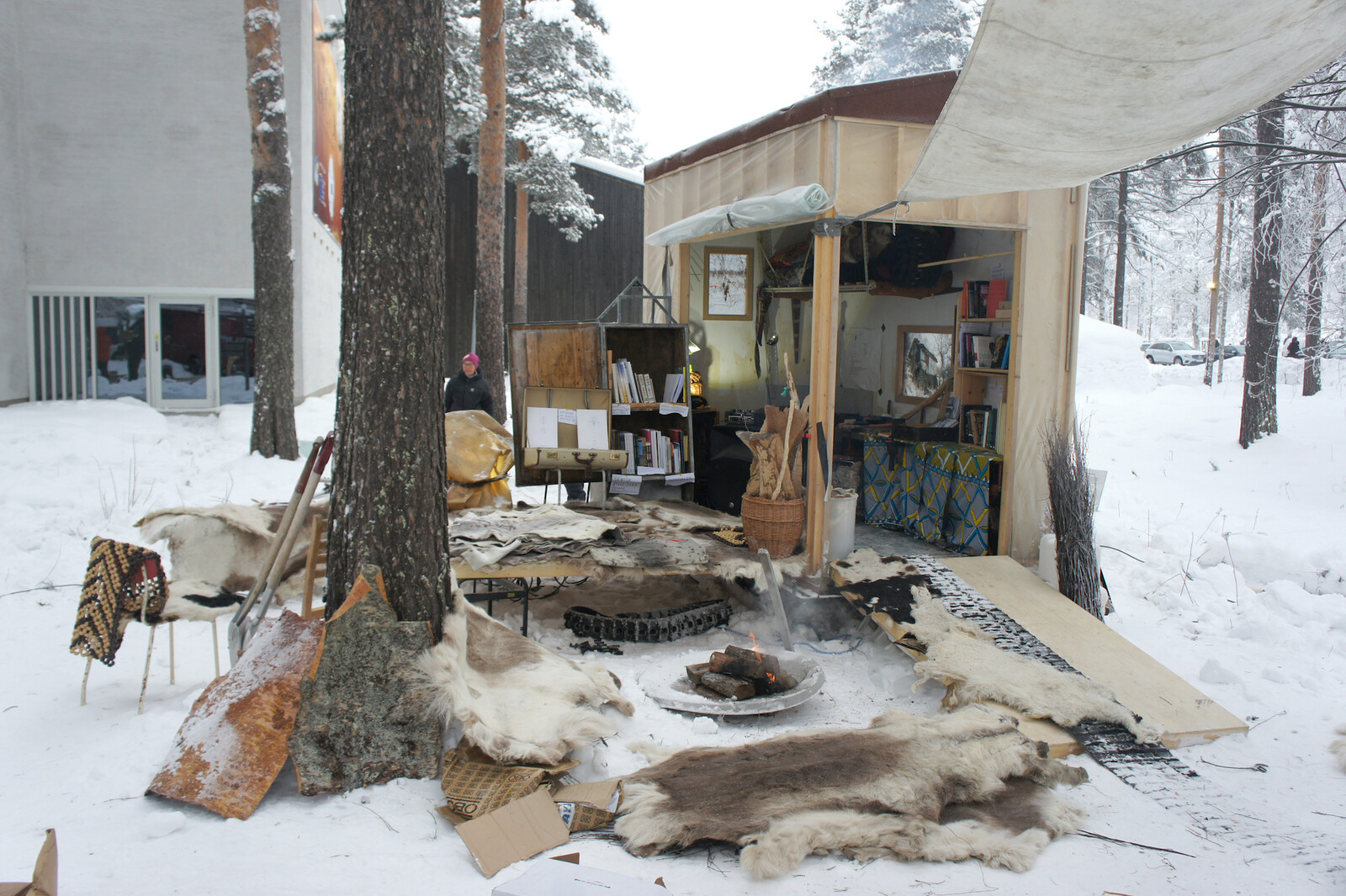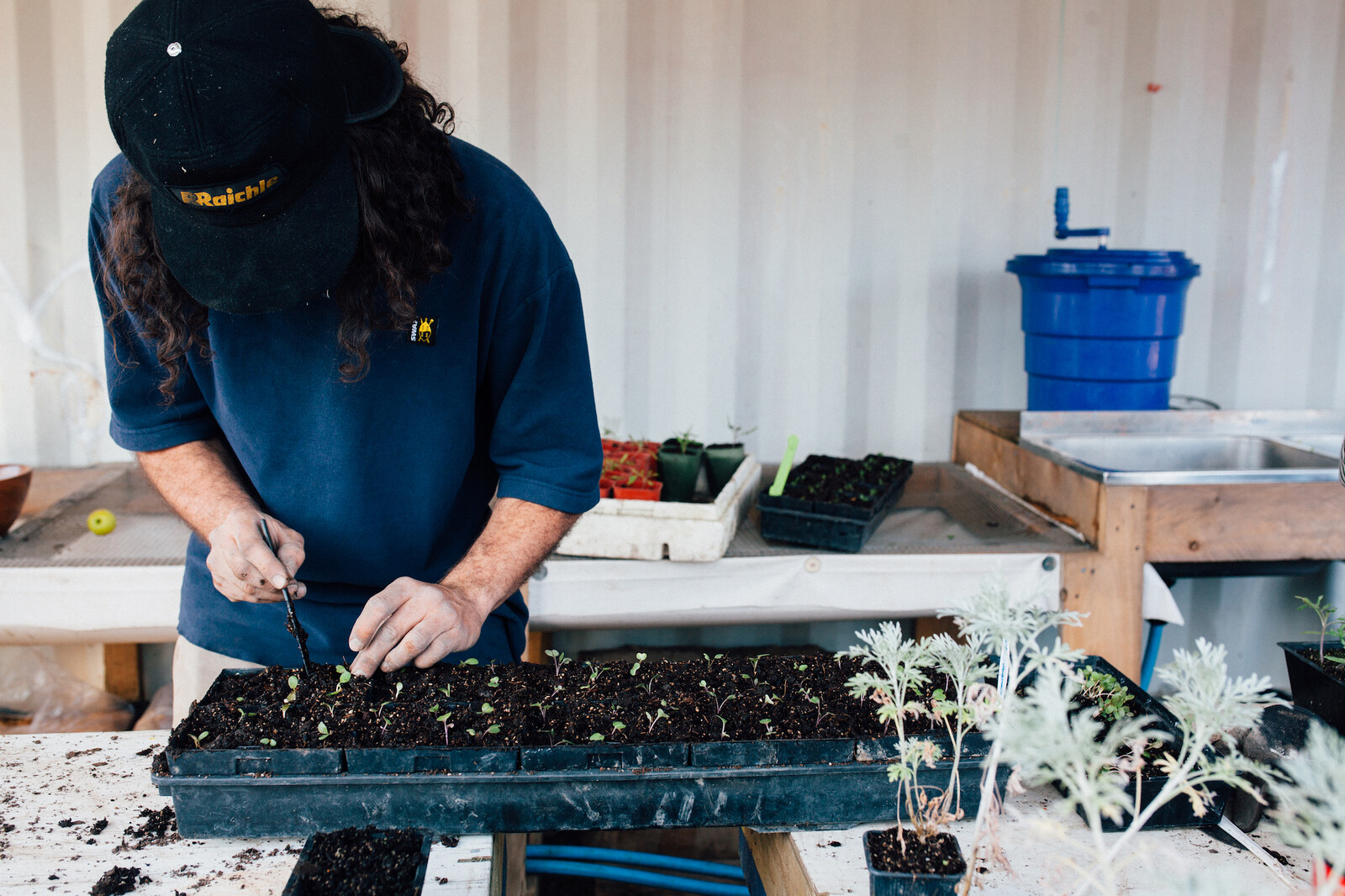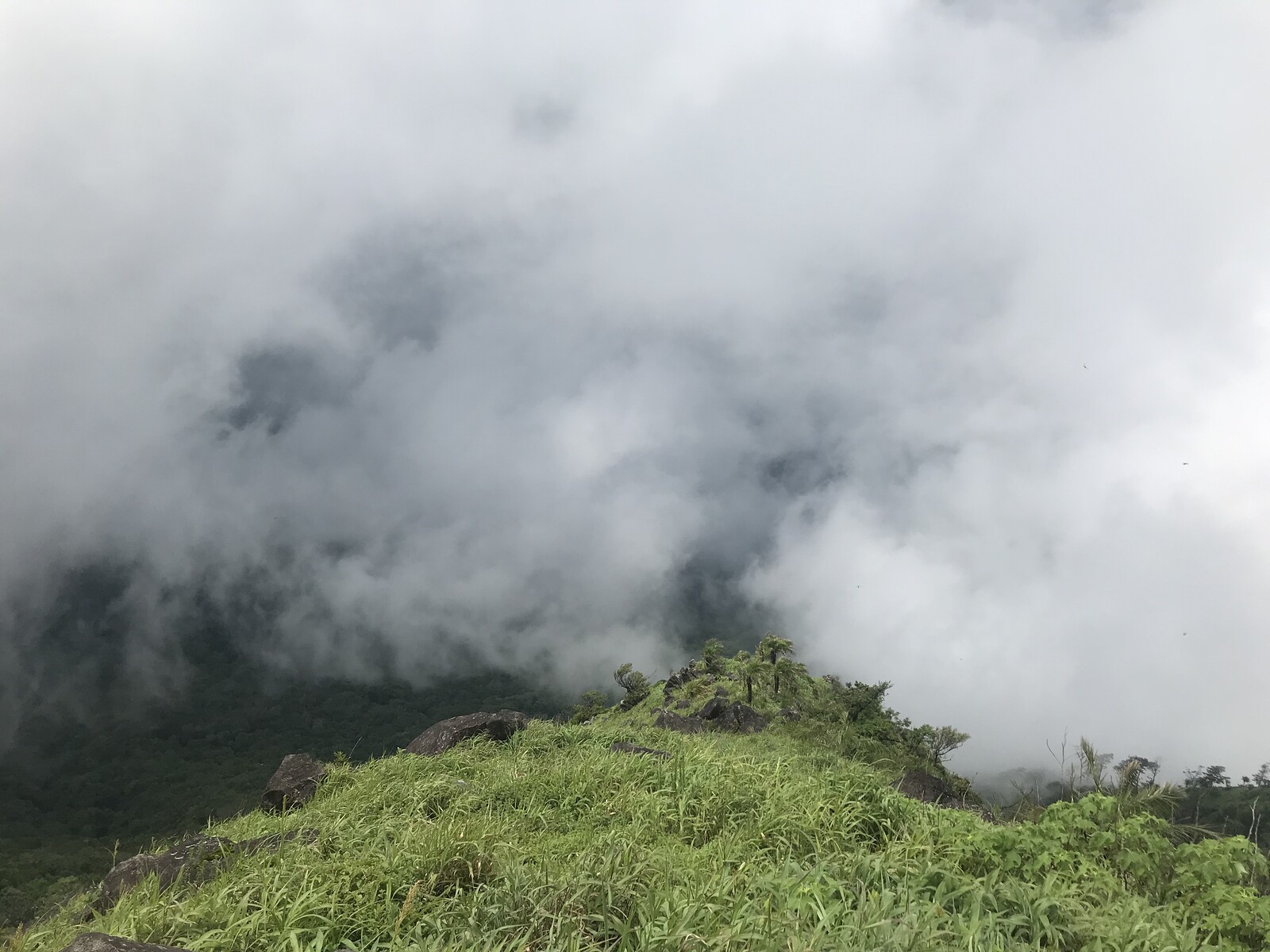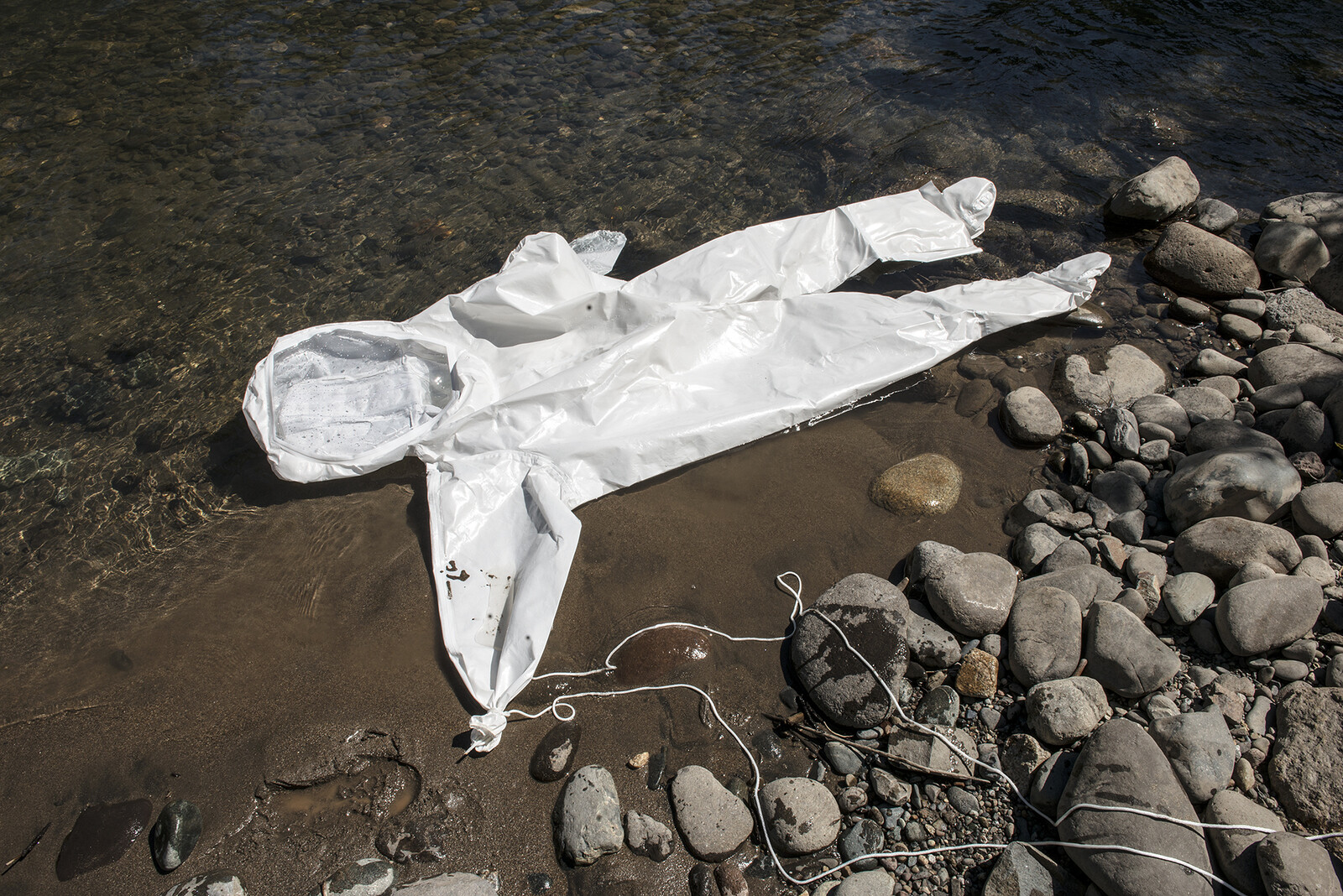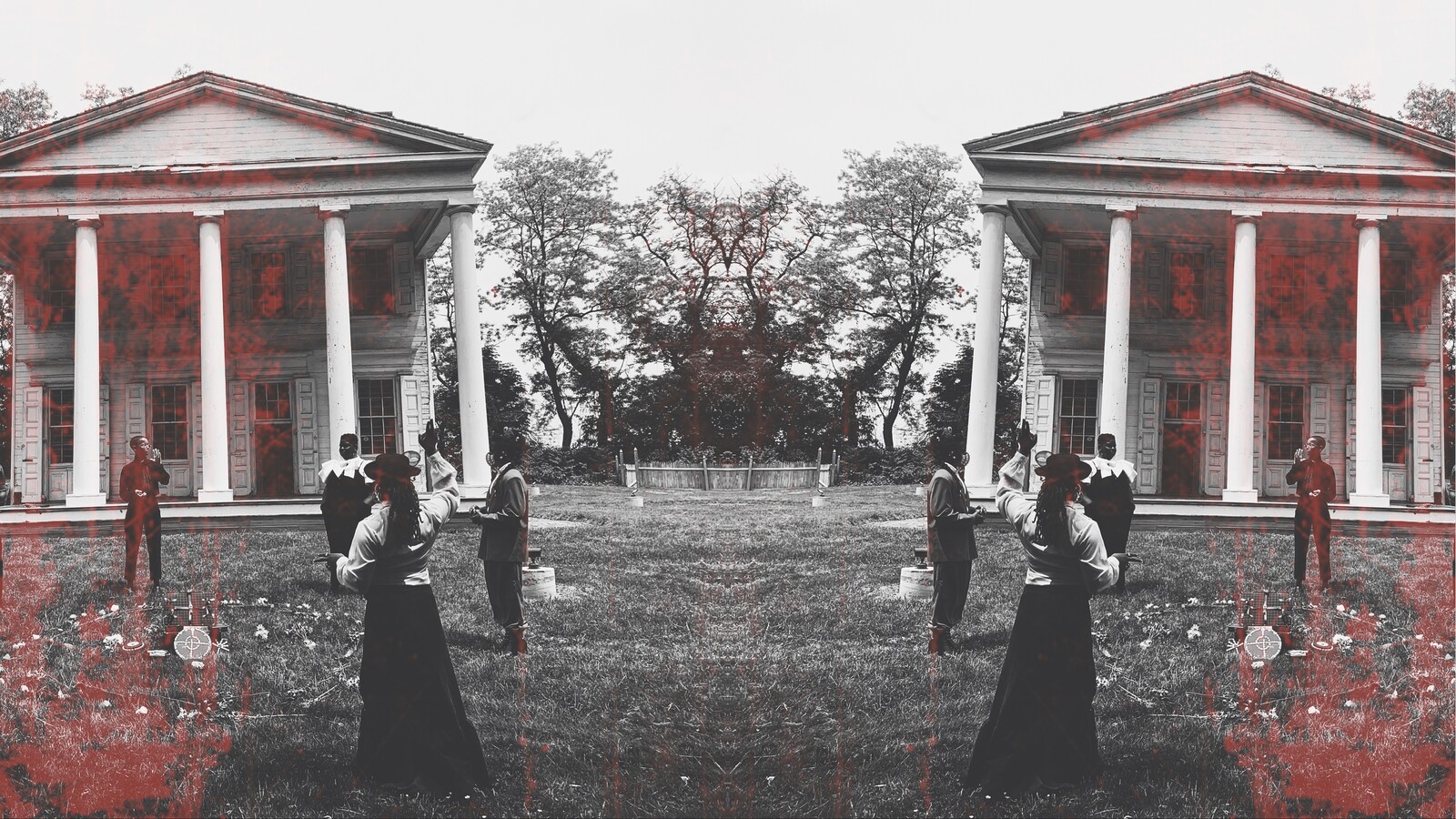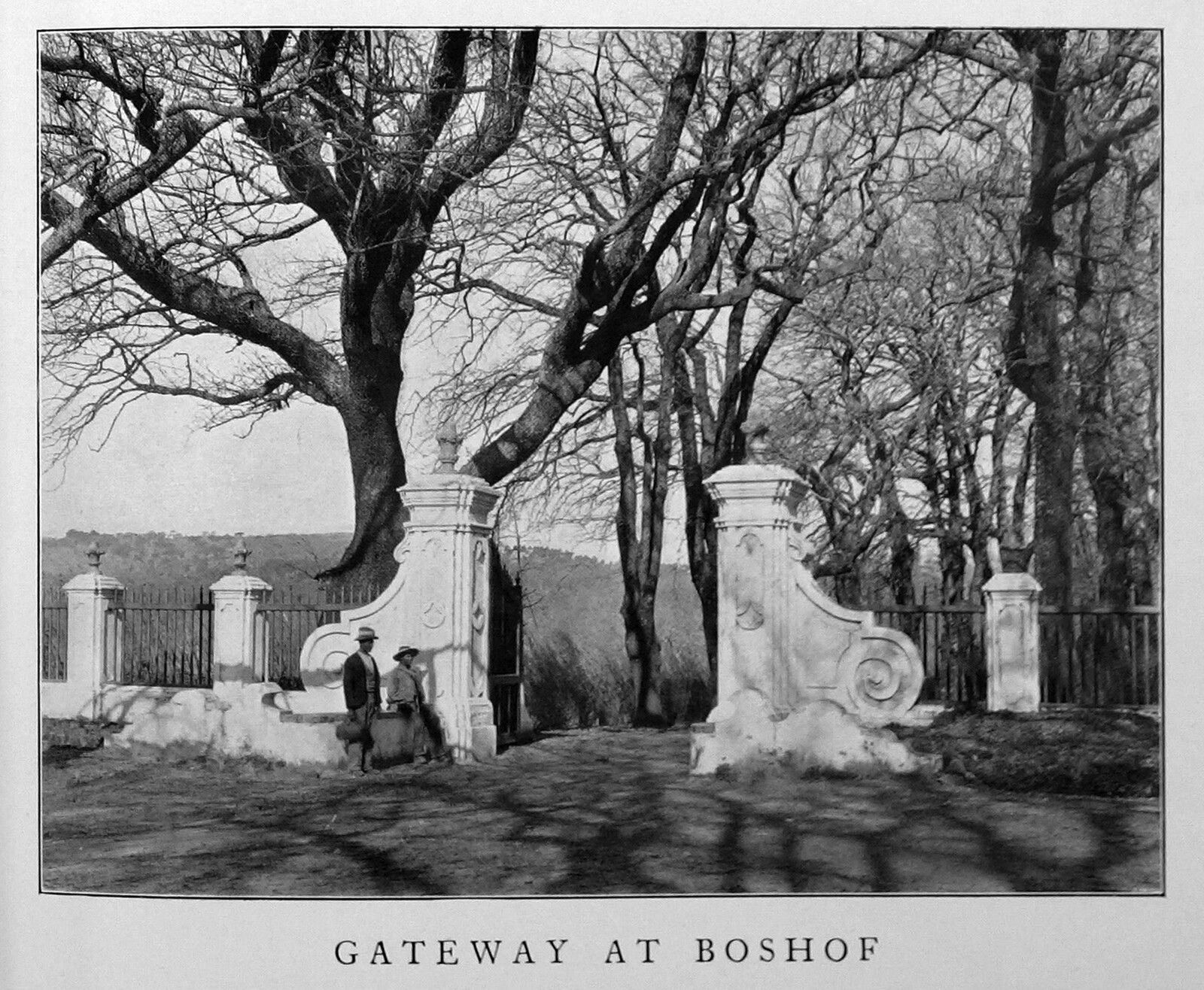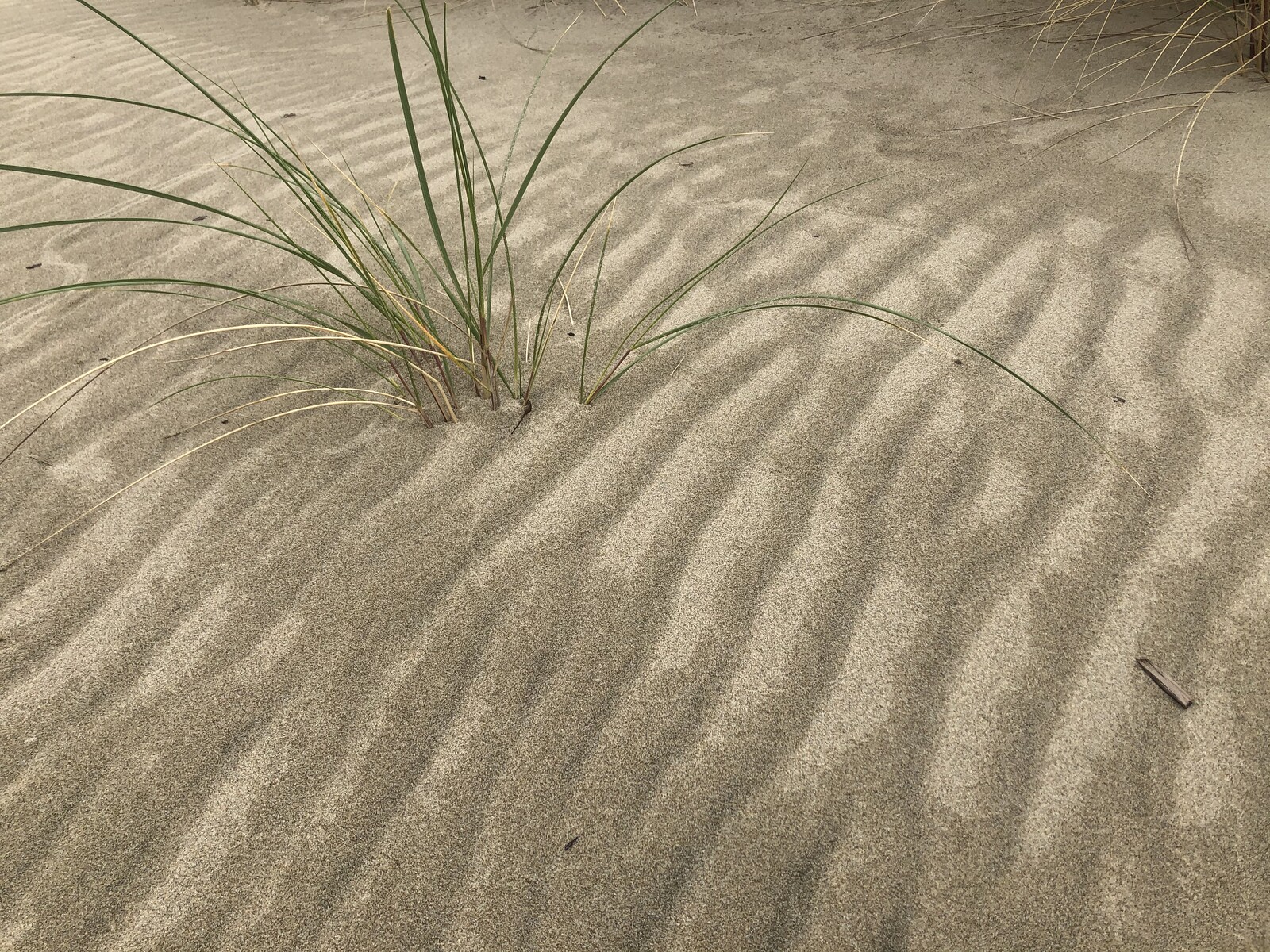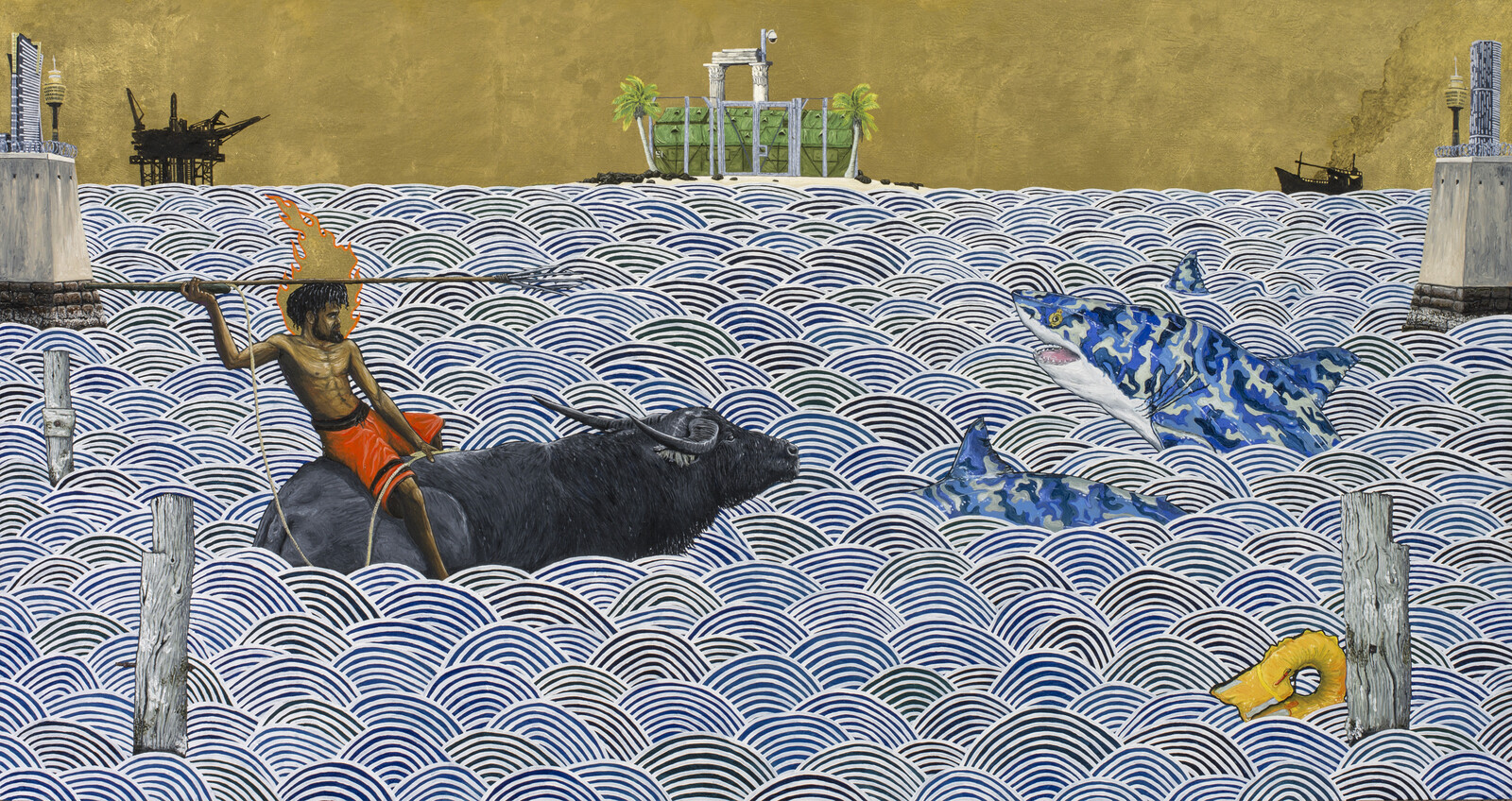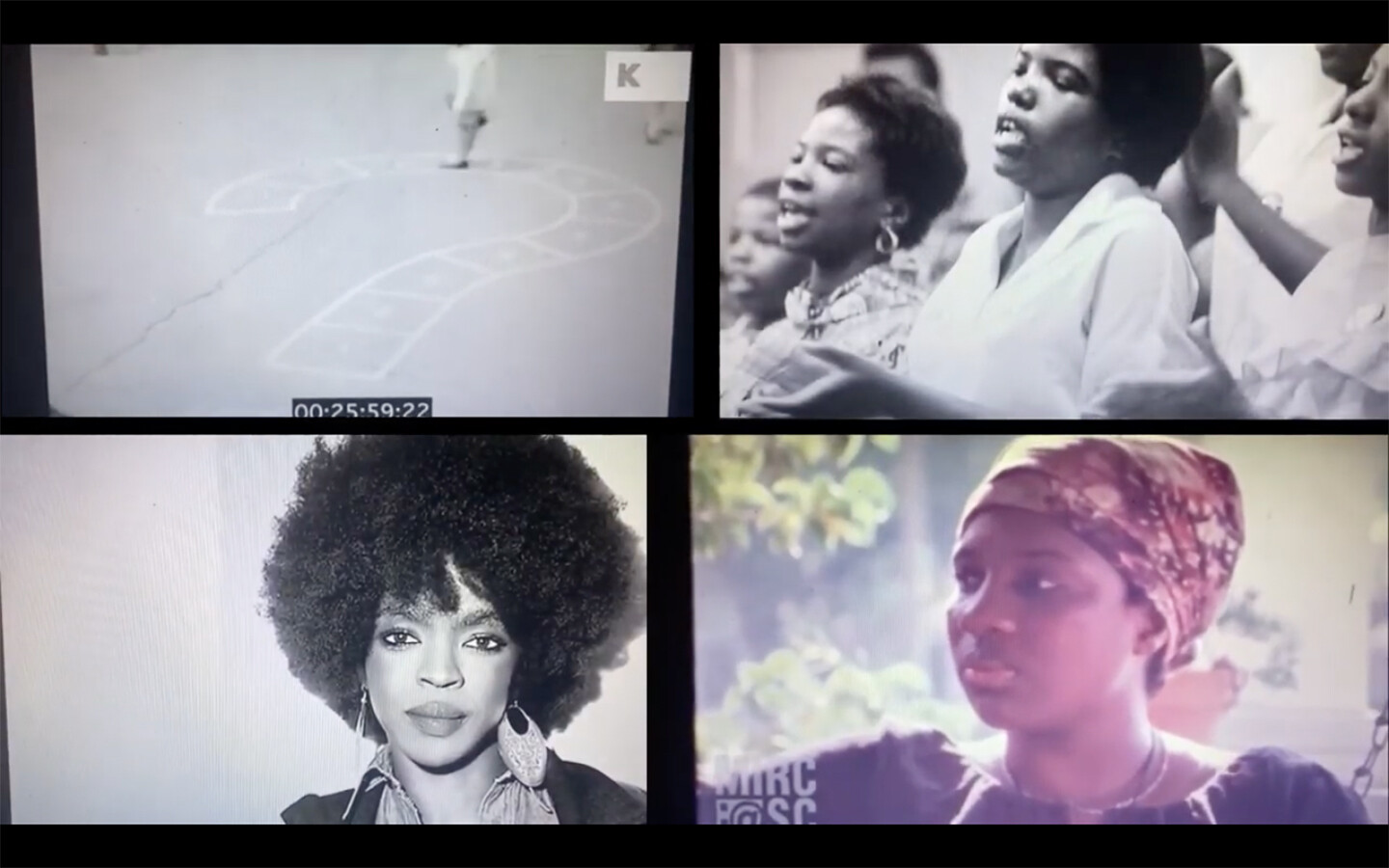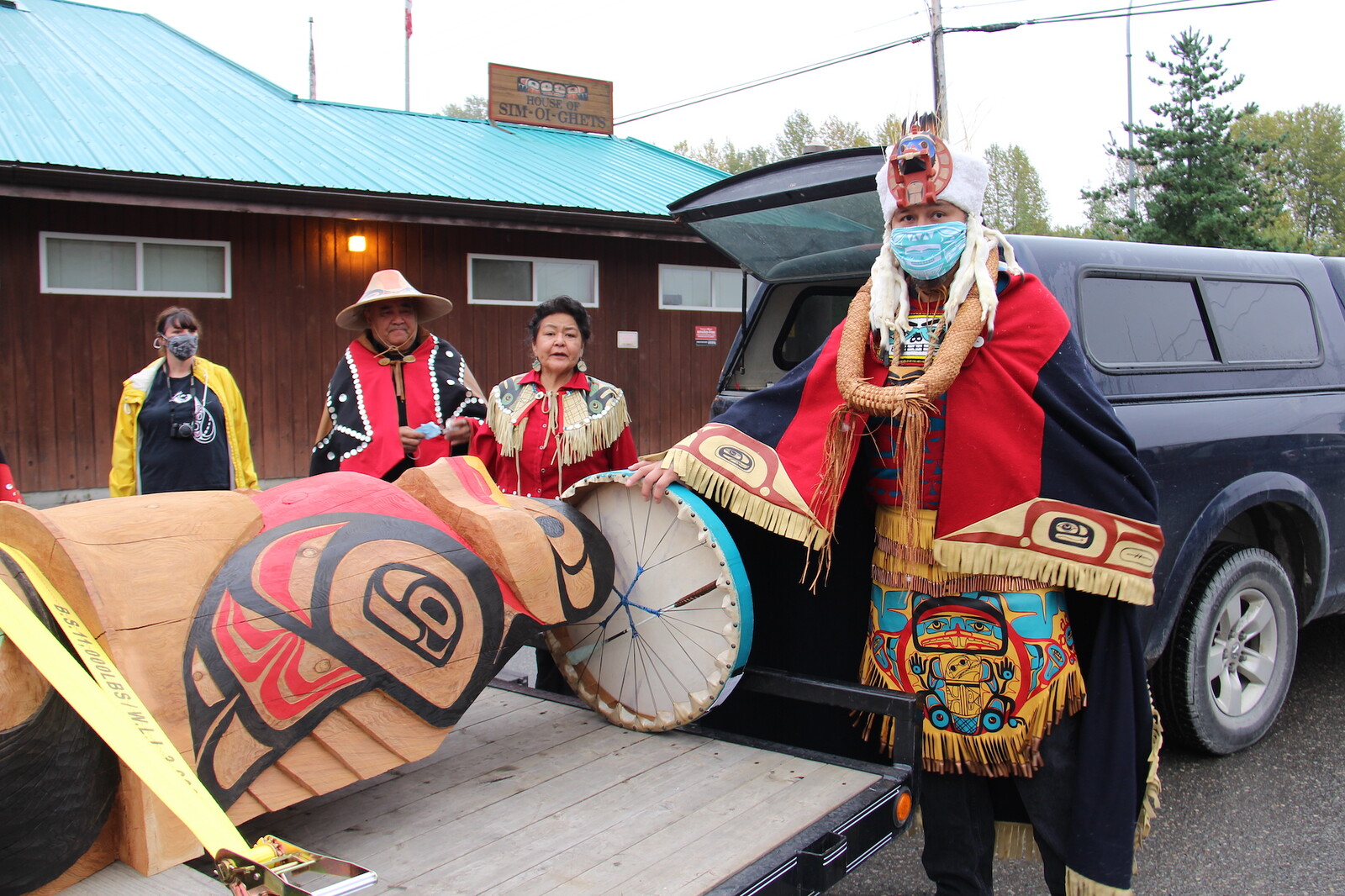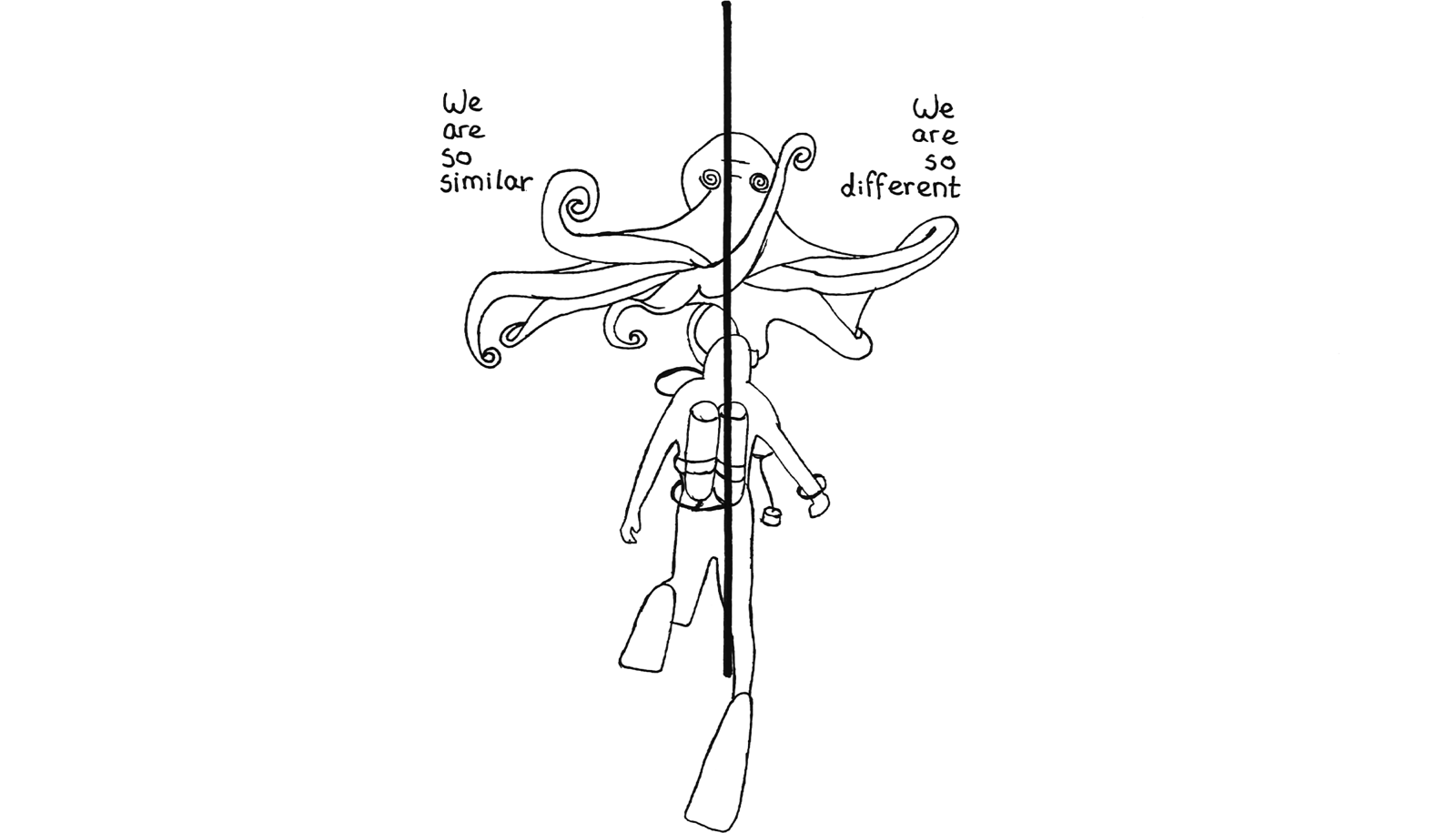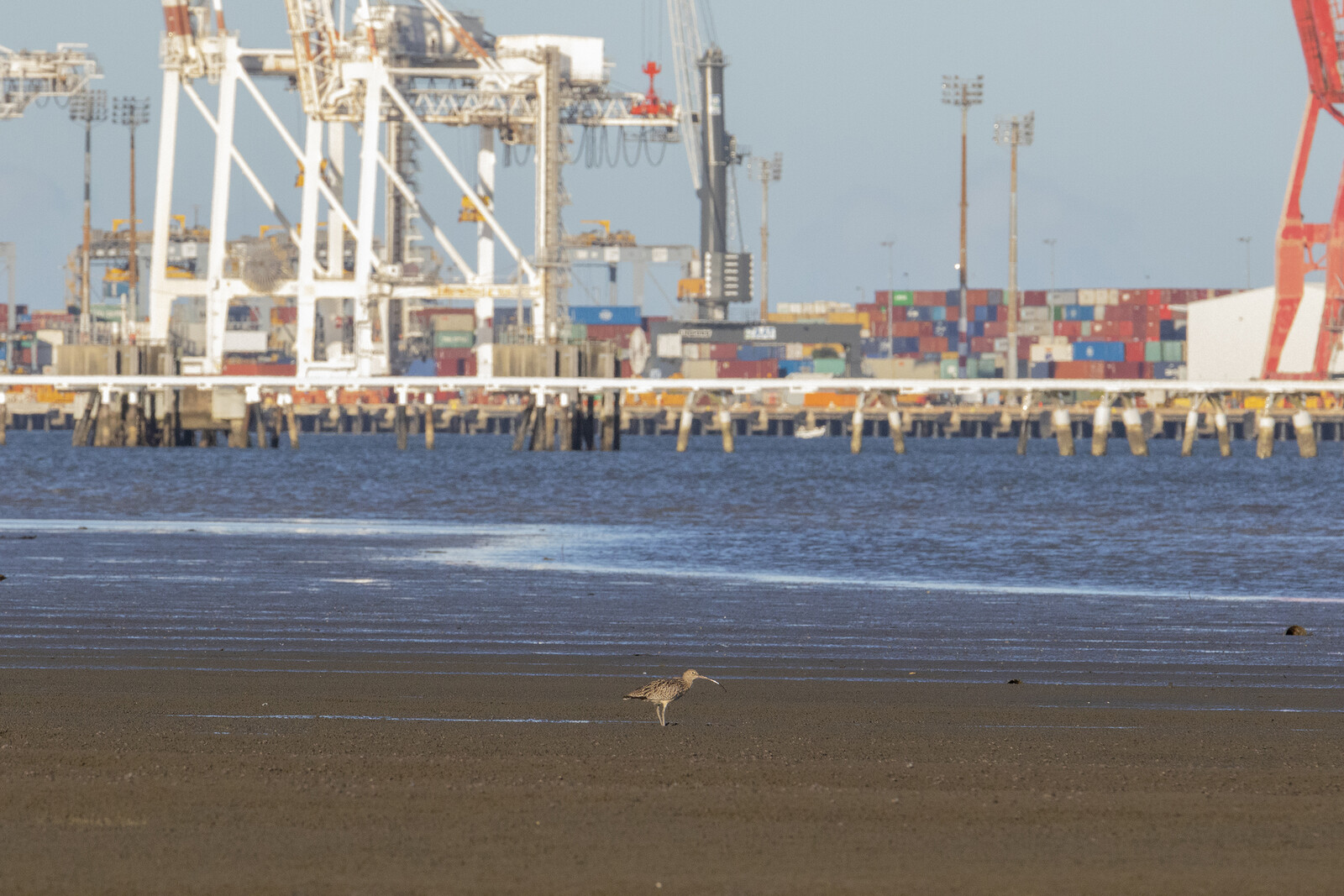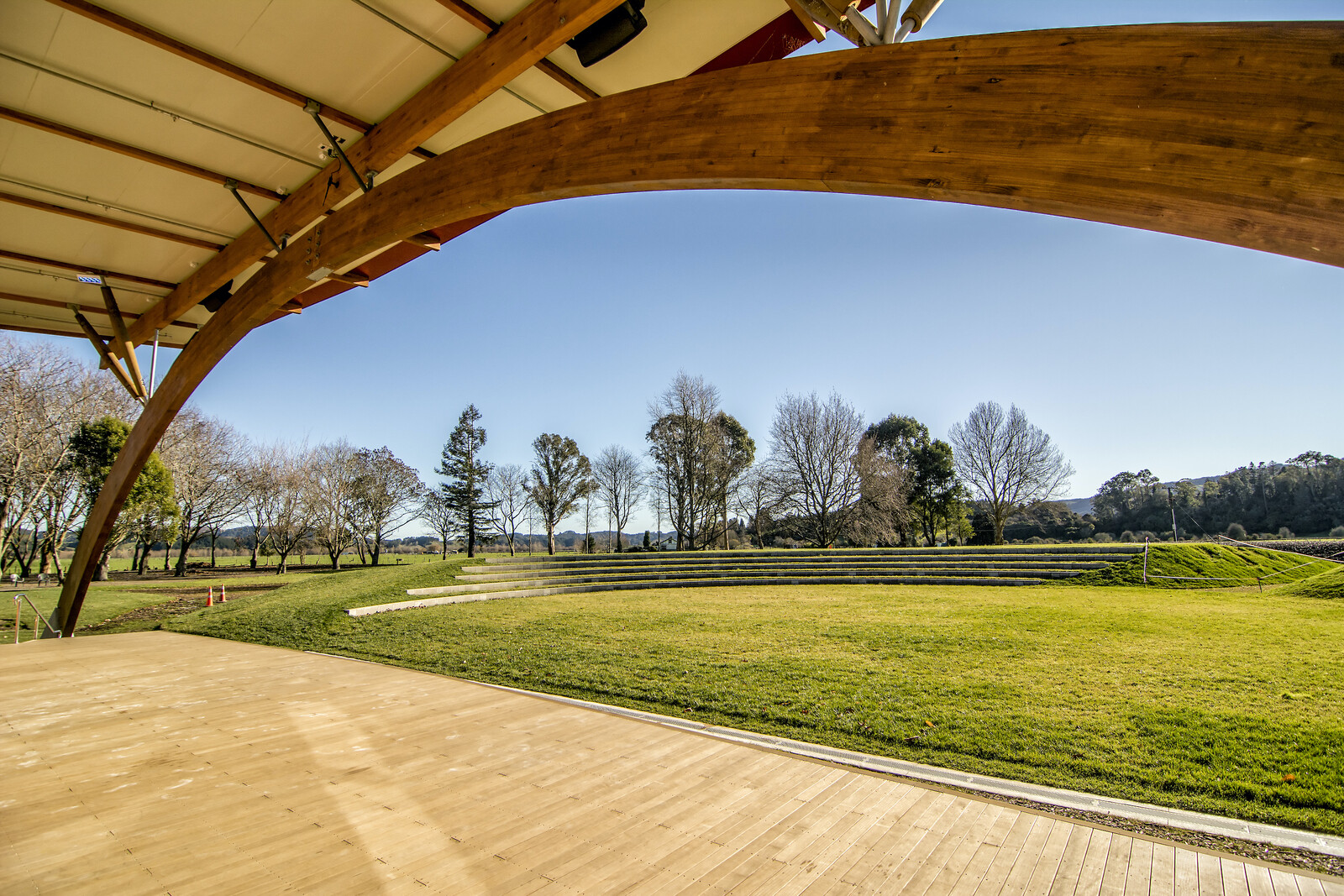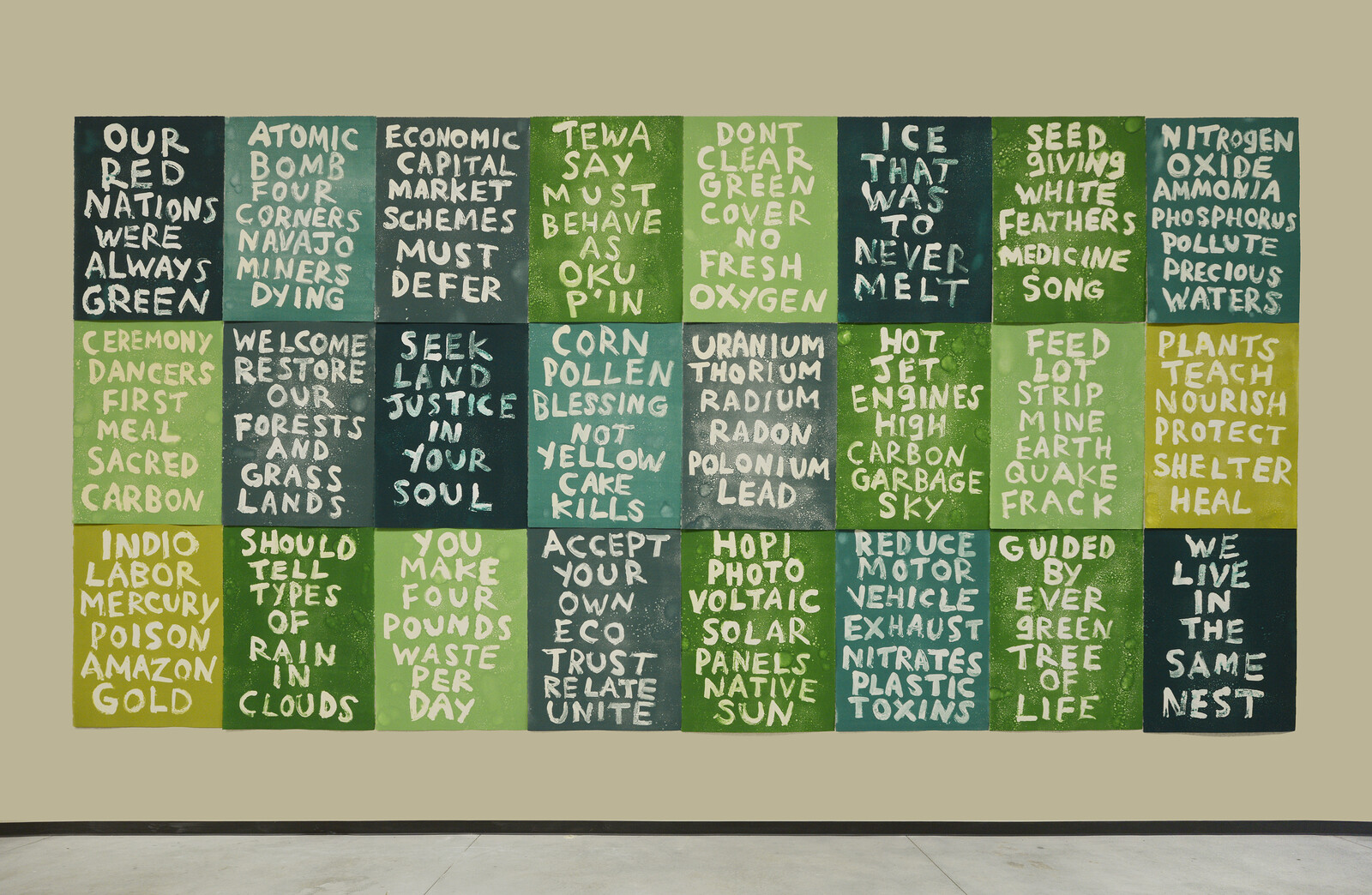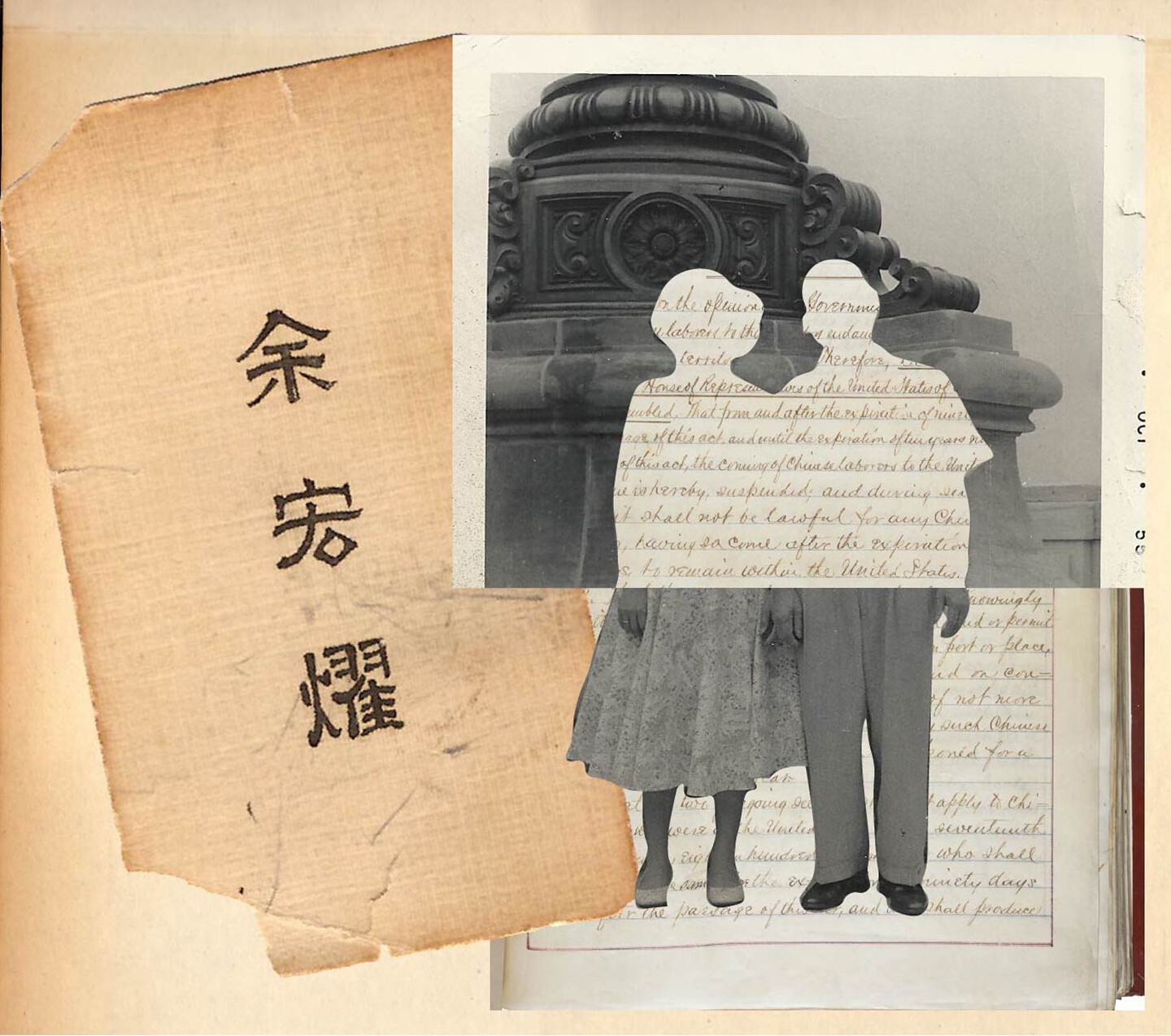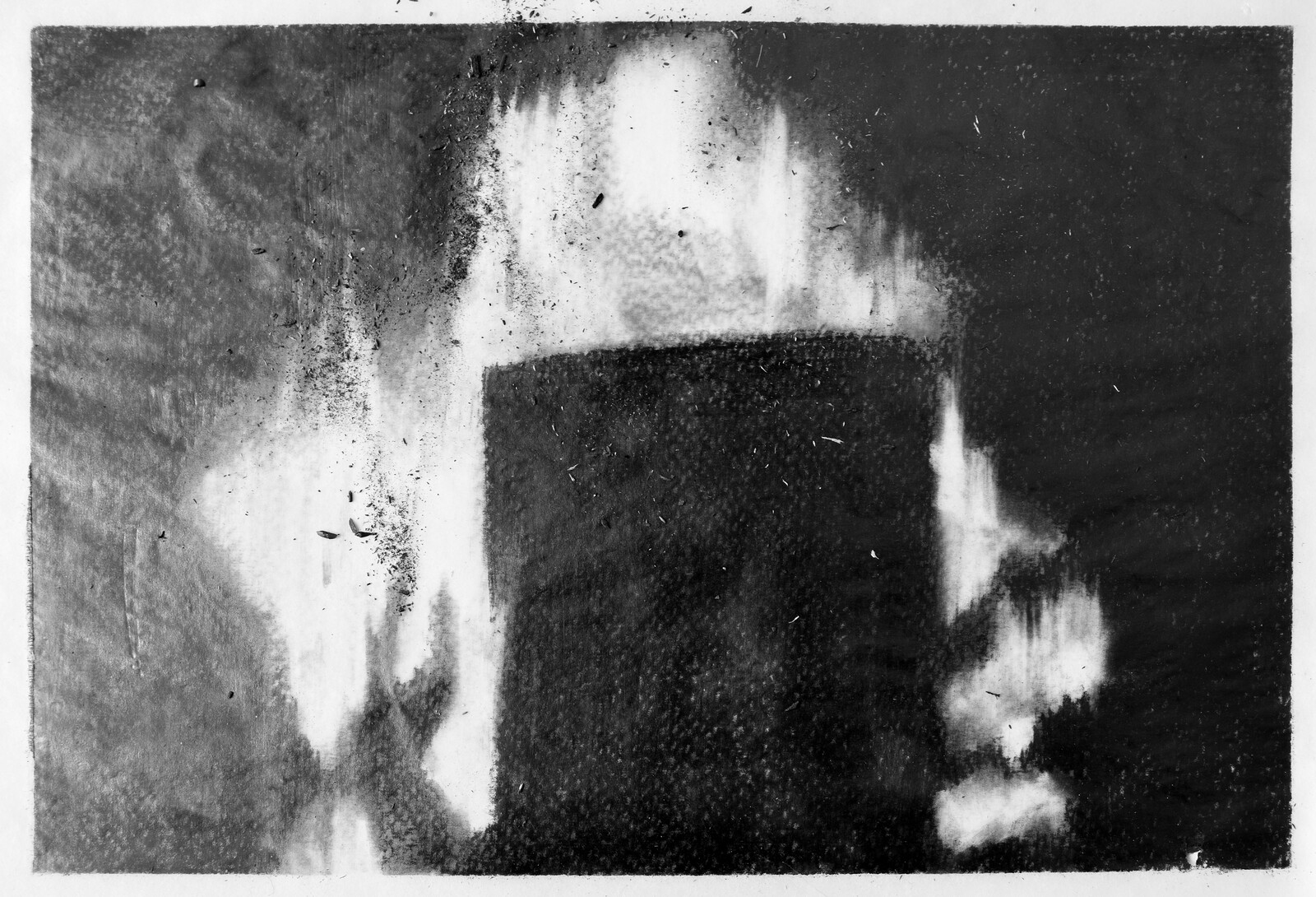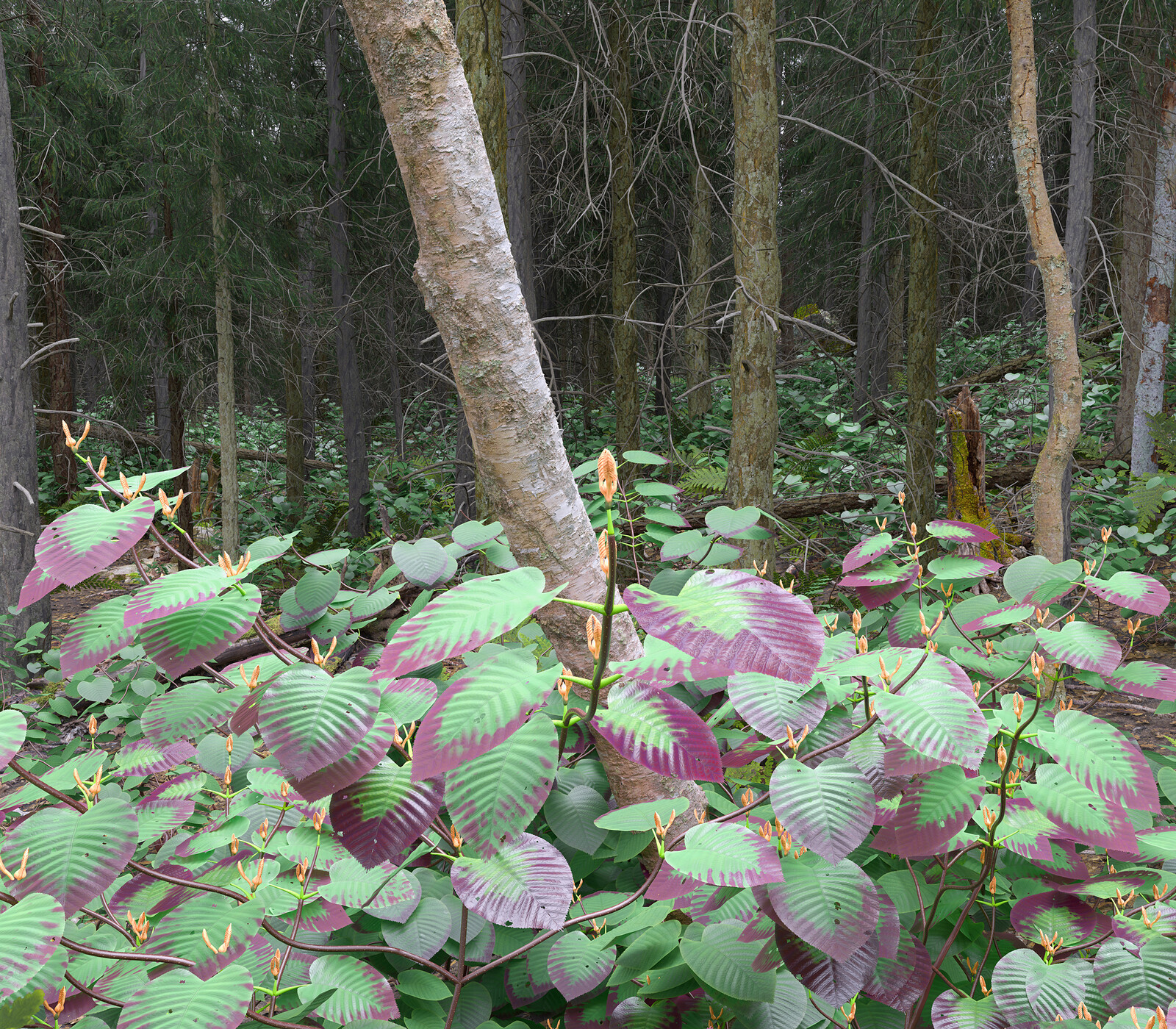The South African Nobel Laureate Nadine Gordimer once wrote that “[to write a short story] is to express from a situation in the exterior or interior world the life-giving drop—sweat, tear, semen, saliva—that will spread an intensity on the page; burn a hole in it.”1
Although we are by no means yet “post-” (as in post-Black Lives Matter protests), we are living in the aftermath of an extraordinary global moment, movement. There is no return to the way things were. The past is no longer a “foreign country”, as L. P. Hartley once asserted. It is finally here. Although the words “protest” and “pandemic” have become commonplace over the past twelve months, both have temporal and spatial qualities that could profoundly affect what happens next, especially in the disciplines of the built and natural environments, which have been caught largely off-guard by recent events.
In 1930, in Notebook 3 of his Prison Notebooks, Antonio Gramsci warned of the interregnum, a crisis in which “the old is dying and the new cannot yet be born.” The term “survivance” is intricately bound to decolonizing practices that keep spirit, soul, and structure alive, defying any looming interregnum. It is to the new that I turn, to whom I keep on turning, in whose voices the past echoes, but does not dominate. The scars of history linger in créole and pidgin languages, in “broken” English and patois. But these “tongues” also live, breathe and “give life” to new imaginings and expressions of hope.
Here are voices of the Black Atlantic, the trans-national, trans-racial, trans-historical identities of Africans “at home,” on the African continent and “abroad,” in the many and myriad African diasporas. For this community, belonging is as much a turn of phrase, a sideways glance, a nod of recognition across a crowded street as it is a birthplace, a mother tongue, an ancestor. The Black Atlantic imaginary is restless and fluid, historically unsettled and unsettling, always looking above and beyond the present, which has historically been a space of suppression and stasis. This is all part of a much longer narrative, no less intense nor life-giving, which continues to burn—intensely, productively, provocatively.
Nadine Gordimer, Selected Stories (Harmondsworth: Penguin Books, 1975).
Survivance is a collaboration between the Solomon R. Guggenheim Museum and e-flux Architecture.
